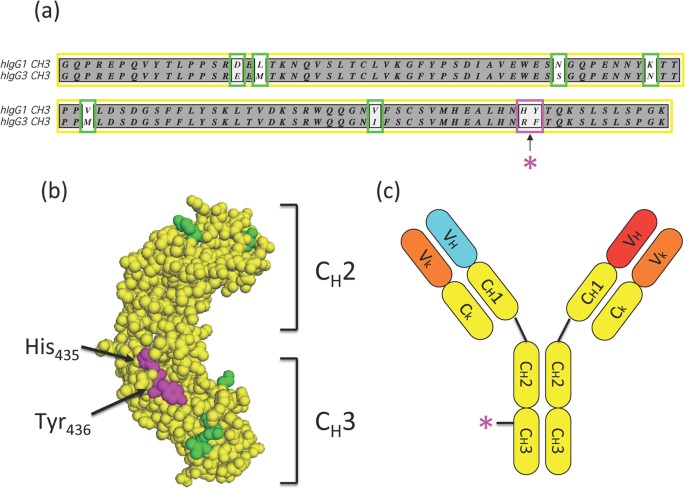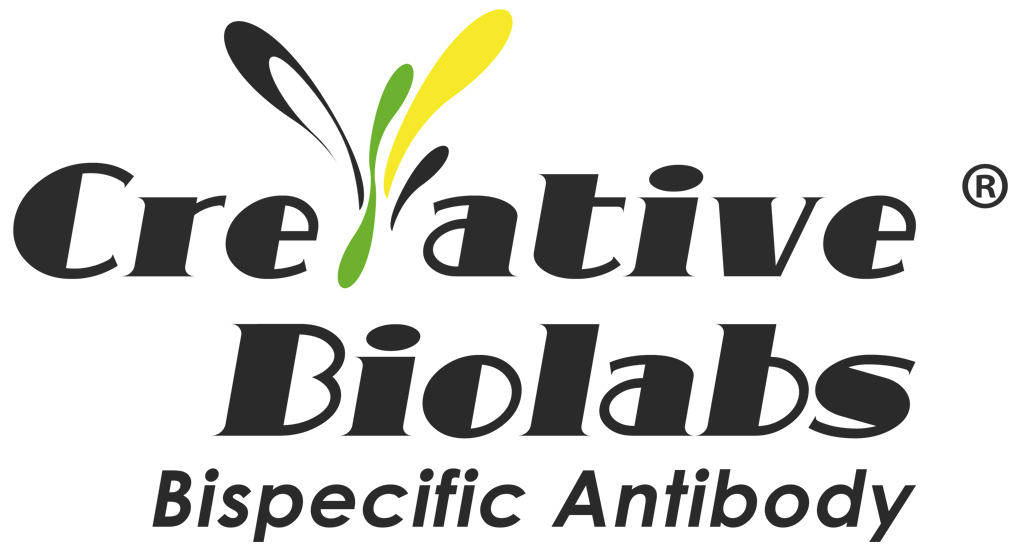In the 2018 American Society of Hematology (ASH) annual meeting, Regeneron, the US biopharmaceutical company, announced new data from Phase I proof-of-concept studies on the bispecific antibody REGN1979 for the treatment of relapsed or refractory B-cell non-Hodgkin’s lymphoma (R/R B-NHL), including the two most common NHLs, follicular lymphoma (FL) and diffuse large B-cell lymphoma (DLBCL).

Fig. 1 Structure of the bispecific antibody REGN1979. (Smith, 2015)
REGN1979 is an experimental, full-length, anti-CD20 and CD3 bispecific monoclonal antibody (IgG4 type) modified to reduce Fc binding, which triggers the tumor-killing effect by binding CD3 on T cells and CD20 on B cell malignancies. The combination of the two targets can achieve CD20 specificity, local T cell activation and cytotoxicity, and its mechanism of action is different from the standard anti-CD20 antibody.
This ongoing Phase I proof-of-concept study aimed to assess the safety, tolerability, and efficacy of REGN1979 monotherapy. Data from 68 patients with R/R B-NHL treated with REGN1979 were published at the ASH meeting. The median of these patients who had previously received therapy was 3, including anti-CD20 therapy. As of September 2018, 14 patients had completed treatment, 13 patients continued, and 41 patients had stopped treatment. Progression was the most common cause of discontinuation of treatment (27 patients) and 2 patients discontinued treatment due to adverse events (TEAE, grade 3 hemolysis, and grade 3 fatigue).
Data showed that the 5-40 mg dose of REGN1979 had an overall response rate (ORR) of 100% in patients with heavily pre-treated 1-3a grade R/R FL (n=10/10), in which 8 had complete remission [CR] and 2 had partial remission [PR], and 90% patients remained relieved during treatment. Based on these data, Regeneron plans to launch a potential phase II clinical study in 2019 to investigate the efficacy and safety of REGN1979 in the treatment of R/R FL.
REGN1979 was developed using Veloclmmune technology and Veloci-Bi bispecific platform. Veloclmmune is a new generation of transgenic mouse platform with a humanized B cell immune system that produces optimized fully humanized antibodies. The Veloci-Bi platform produces full-length bispecific antibodies similar to natural antibodies, which should be produced by the staVeloci-Bindard antibody manufacturing technology and may have advantageous antibody-like pharmacokinetic properties. In 2017, REGN1979 has been granted the orphan drug status for the treatment of DLBCL by the US FDA. Currently, Regeneron is conducting a clinical project to evaluate the potential of three bispecific antibodies, REGN1979, REGN4018 (MUC16xCD3 bispecific antibody), and REGN5458 (BCMAxCD3 bispecific antibody), for the treatment of B-NHL, ovarian cancer, and multiple myeloma, respectively. In addition, the Regeneron is also evaluating the potential of REGN1979 combined with Libtayo (cemiplimab).
Libtayo is a PD-(L)1 tumor immunotherapy, produced and optimized using Regen’s proprietary Velocimmune technology platform, and is currently being developed jointly under the framework of a global cooperation agreement between Regene and Sanofi for treatment of multiple cancer, including metastatic squamous cell carcinoma (CSCC), non-small cell lung cancer, and so on. At the end of September this year, Libtayo was approved by the US FDA for the treatment of CSCC and patients with locally advanced CSCC who are not suitable for radical surgery or radical radiotherapy. The approval made Libtayo the first drug in the US market that received regulatory approval for the treatment of advanced CSCC, which is also the world’s sixth PD-(L)1 tumor immunotherapy approved for regulatory approval.
Reference
1. Smith, Eric J., et al. “A novel, native-format bispecific antibody triggering T-cell killing of B-cells is robustly active in mouse tumor models and cynomolgus monkeys.” Scientific reports 5.1 (2015): 17943.
